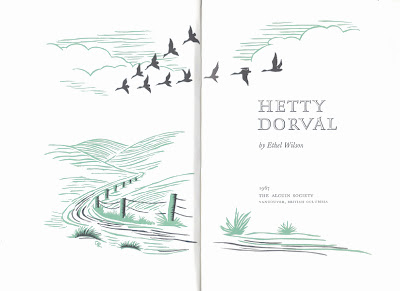
Related posts:
A JOURNEY THROUGH CANADA'S FORGOTTEN, NEGLECTED AND SUPPRESSED WRITING

I'd heard the word used by the late Harry Hill, actor and raconteur, in one of his scabrous anecdotes involving a power failure in the lavatory of the Montreal Voyageur Bus terminal at Berri-de Montigny and the loss of his partial plate.
















Out there are also the subdivisions named, by God, after what the contractors had to eradicate to build them – Birch Hills (named after the grove bulldozed away preparatory to laying the foundation), Vineyard Acres after the rows of Concord grapes plowed under to make way for them.– Peter DeVries, Reuben, Reuben





...when No Man's Meat first appeared in 1931, its frank treatment of perverse sexuality [whoring? bisexuality?] made it unsuitable for a commercial house, and it was privately published in Paris by an avant-garde press. Since then the limited edition of four hundred copies [525, actually] has gained widespread fame by word of mouth. Its early notoriety has been softened by Edmund Wilson's description of the piece as "a small masterpiece", and the original edition as become an underground classic, changing hands for two hundred dollars and more.


This:

Not this:










